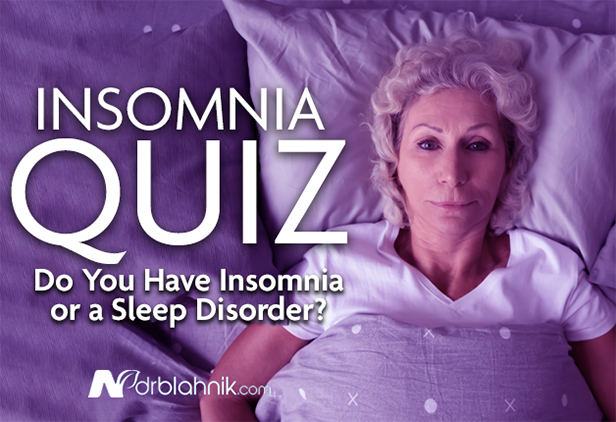There is an extremely common yet equally infuriating condition in the world that plagues us during what should be one of the most peaceful parts of our day. Insomnia. There is nothing more disheartening than coming home after a long day, ready to enjoy the comforting embrace of our beds, only to find that we cannot fall asleep. With sleep being such a crux of human health and survival, lacking it to any capacity can be harrowing and downright torturous. The upshot is that there are methods we can employ to treat insomnia once it has been positively identified.
While insomnia is extremely common, it is not the only condition that affects our ability to fall asleep. Being able to tell these conditions apart is crucial to treating them. There are countless quizzes on the internet that purport to diagnose insomnia with just a few simple questions, but the question is, “how effective are they?”
Table of Contents
What is Insomnia?
Sleep disorders are a common issue in contemporary Americans, with approximately 70,000,000 American citizens suffering from a sleep disorder of some persuasion. Insomnia is one of the most quoted reasons why people do not get to sleep at night. About 25% of the American population experiences acute (short-term) insomnia every year, with 75% of them recovering without developing a chronic condition.
The symptoms associated with insomnia are invariably the same, consisting of being sleepy during the day, fatigue, a grumpy disposition, and issues with staying concentrated or retaining information.
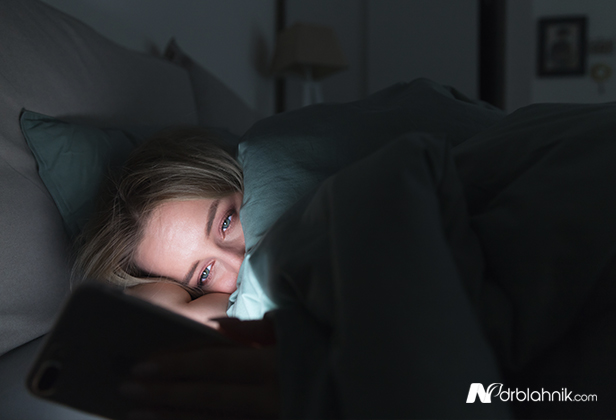
Insomnia itself is a disorder where either falling asleep, staying asleep, or even both at once is extremely difficult and nearly impossible. The condition can be either a short-term or long-term condition that can come and go without explanation. Acute insomnia, or short-term, can last anywhere between one night to several weeks, whereas chronic insomnia occurs three nights in the same week for three months. Insomnia can be divvied into two variants:
- Primary Insomnia: Primary insomnia is insomnia that has no correlation or relation to another chronic condition you suffer from and occurs as a condition all by itself.
- Secondary Insomnia: Secondary insomnia is a form of insomnia that is a symptom of another overarching condition.
Insomnia is common because of how easy it is to get a condition that causes secondary insomnia or suffer stimuli that induce primary insomnia. Both variations have a list of potential causes:
- Primary Insomnia
- Stress: Primary insomnia can be caused by stressful stimuli such as being terminated from your job, going through a divorce, losing a loved one, or even something as commonplace as moving.
- External Stimuli: Things like bright lights, uncomfortable temperatures, or loud noises can cause primary insomnia.
- Environmental Change: If your sleep schedule becomes stunted due to jet lag, a new work schedule, or even bad sleeping habits like staying up all night watching television, it can induce primary insomnia.
- Secondary Insomnia
- Mental Health: Conditions such as depression or anxiety can cause stresses that keep you up at night and therefore induce secondary insomnia.
- Medication: Common medications used for the common cold, asthma, or even allergies can negatively impact your ability to sleep or maintain a healthy sleep schedule.
- Pain: Suffering from pain can make it difficult or impossible to relax your body enough to sleep.
- Substances: The use of substances like caffeine, tobacco, or alcohol can make sleeping difficult.
- Endocrine Issues: Endocrine conditions like hyperthyroidism can make it impossible to fall asleep as your hormones go berserk trying to compensate.
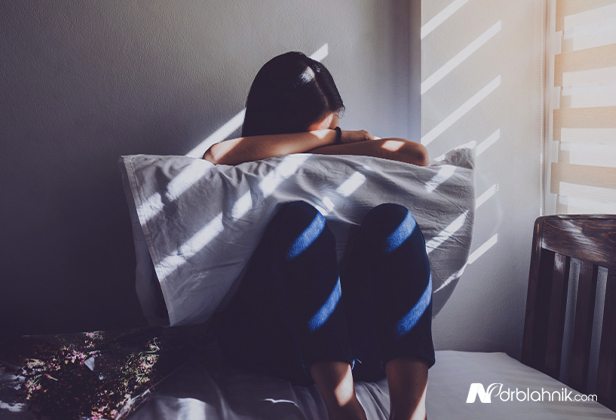
No one is immune to the risk of insomnia as it is the most common sleep disorder in the world. Insomnia is more likely to affect women and the elderly more so than men and younger individuals. Insomnia also has an interesting correlation in targeting African Americans more so than other ethnic demographics.
Diagnosing insomnia is deceptively difficult, with many assuming they have insomnia or relying on less than reputable sources to self-diagnose. In an actual, medical setting your physician will pose a series of questions regarding your medical and sleep history and request that you take note of your sleep patterns or even submit to overnight observation at a sleep center.
Insomnia Quizzes
Across the internet, countless quizzes are promising to diagnose whether you have insomnia or any other sleep disorder using generic and broad questions broaching the most common and basic aspects of the condition. They are quizzes that can be rigged to get the answer you desire by tactically answering the questions without oversight or confirmation from a trained professional. It boils down to a series of right or wrong answers that do not have the depth necessary to diagnose anyone with any condition effectively.
If you are concerned you might be suffering from a chronic sleep disorder, you should seek guidance and diagnosis from a certified professional who is trained to make these determinations. Even the most advanced quiz with the most medically accurate questions will not be enough to diagnose you with insomnia without direct interaction with a medical professional. However, we have gathered a list of some of the questions asked by Sarah Parsons, an RN (Registered Nurse), when she is dealing with a patient who is suffering from consistent difficulties in getting to sleep or staying asleep.
- What time do you go to bed?
- What time do you wake up?
- When in bed, how long does it take to fall asleep?
- Are you waking up in the middle of the night? If so, why?
- Do you take naps during the day?
- If you have a significant other, have they complained about snoring, loud breathing, or even not breathing?
- Are you exhausted throughout the day despite getting a full eight hours of sleep at night?
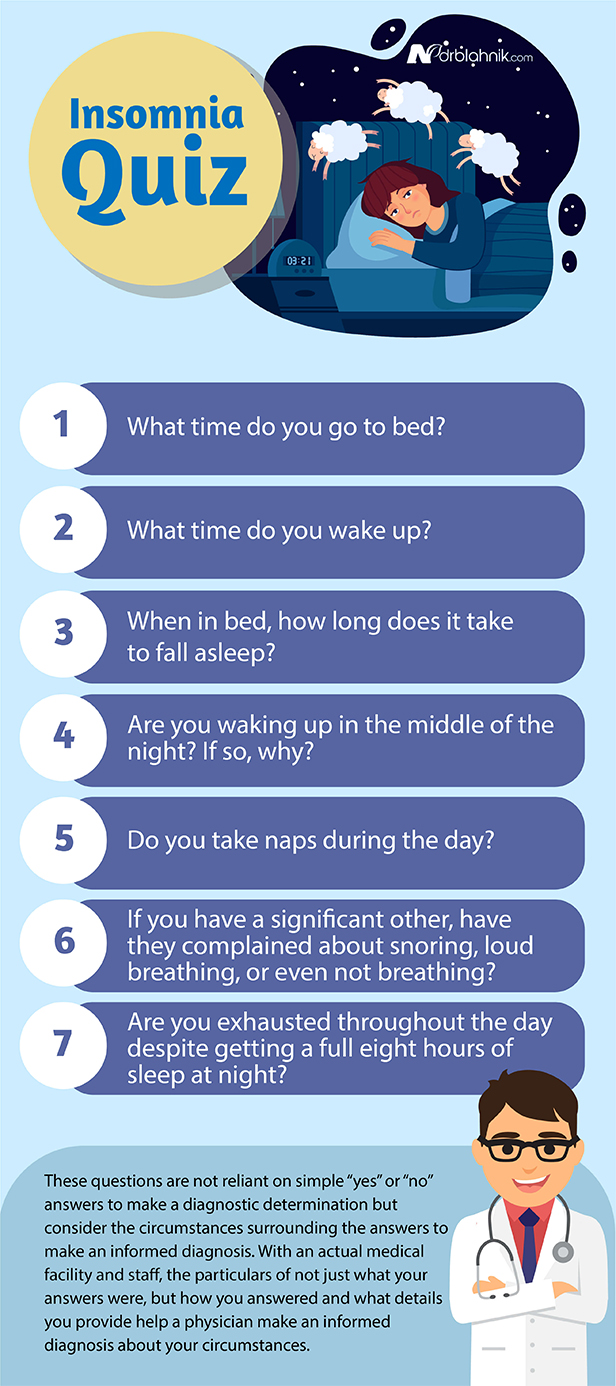
These questions are not reliant on simple “yes” or “no” answers to make a diagnostic determination but consider the circumstances surrounding the answers to make an informed diagnosis. With an actual medical facility and staff, the particulars of not just what your answers were, but how you answered and what details you provide help a physician make an informed diagnosis about your circumstances. The quizzes you might seek out on the internet do not allow the depth of response to empower physicians to make informed judgments and provide an accurate diagnosis. Especially since the context of your answers helps distinguish between primary and secondary insomnia.
The way online quizzes work involves conveying simple “yes” or “no” questions by putting those answers on a spectrum. Be it a scale system like ranking your answer on a scale of 1 to 10 or by offering a list of how strongly you may agree or disagree with the question applying to you. The fact is, no quiz can substitute for a proper physician’s diagnosis. With all this in mind, there remains the question of what place, if any, these quizzes have in helping you diagnose your insomnia.
The Blahnik Insomnia Quiz
While the quizzes will never serve as a substitute for a physician’s criteria for diagnosis, nor ask all the relevant questions to diagnose it at all, they still serve a purpose. By taking an insomnia quiz, you can examine all the answers you give and determine whether you should see your primary care physician and get a proper diagnosis. To that end, we have prepared a small-scale quiz for just that purpose.
- Do you go to bed at an hour that allows for a minimum of eight hours of sleep?
- Does it take a long time for you to fall asleep after getting in bed?
- Have you recently gone through a major lifestyle or environmental change?
- Do you follow an irregular sleep schedule?
- Do you regularly consume caffeine, alcohol, or prescription medication?
- Do you find it difficult to wake up in the morning?
- Have you been diagnosed with depression or anxiety?
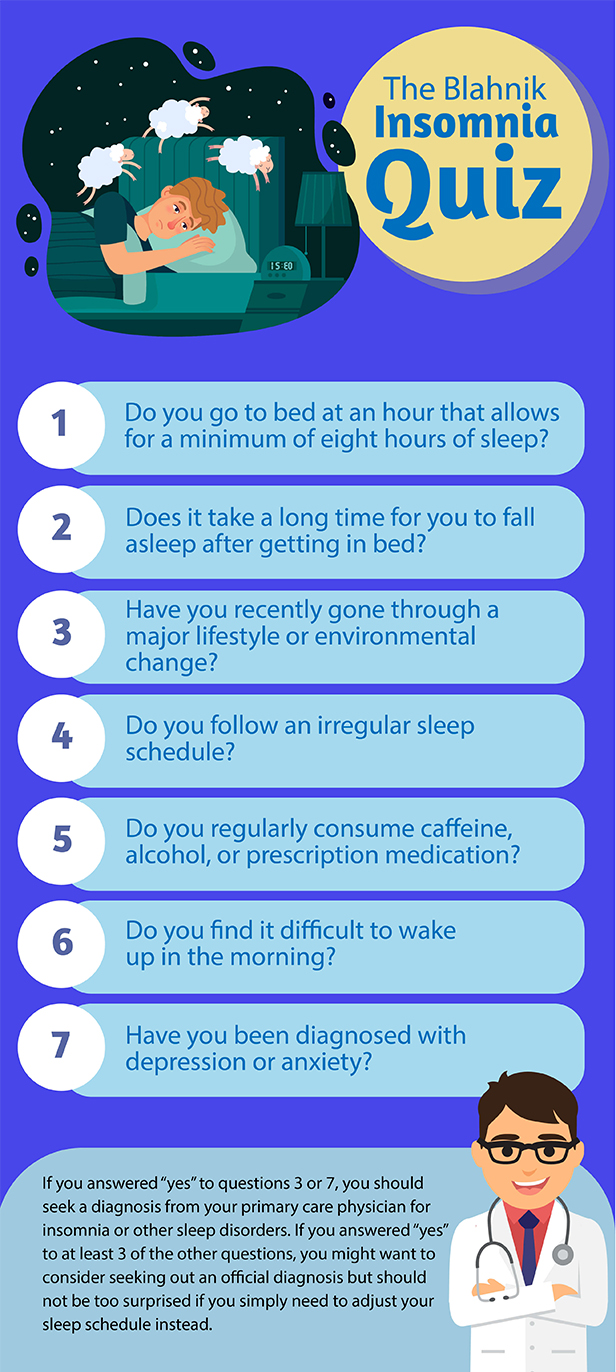
If you answered “yes” to questions 3 or 7, you should seek a diagnosis from your primary care physician for insomnia or other sleep disorders. If you answered “yes” to at least 3 of the other questions, you might want to consider seeking out an official diagnosis but should not be too surprised if you simply need to adjust your sleep schedule instead.
It is vital to note that this quiz is not foolproof nor a confirmation of a self-diagnosis of insomnia, but more of a guideline to whether you should seek out a diagnosis from your primary care physician.
How to Treat Insomnia
While it is all well and good to determine whether you have insomnia or not, it is even more important to know what to do next. Insomnia is not a condition you have to live with without recourse. There are several treatments for the more serious cases of insomnia.
The most common treatment for day-to-day insomnia issues is prescription sleeping pills to help force you to sleep and stay asleep when your insomnia keeps you up at night. Some of the most notable medications for insomnia include Lunesta, Rozerem, Ambien, and Sonata. However, the side effects associated with sleeping pills can make them less than pleasant to deal with since they can induce grogginess or cause addiction since their efficacy is prone to gradual decrease.
The more serious cases of insomnia have more serious forms of treatment in the form of cognitive-behavioral therapy for insomnia (CBT-I). CBT-I is all about controlling and even removing the negative behaviors or cognitive patterns that keep you up at night. CBT-I is recommended to serve as the first line of treatment for insomnia since it is equally or even more effective than sleeping pills, according to Mayo Clinic. There are several avenues for CBT-I that can help eliminate bad habits and promote healthy sleep patterns:
- Stimulus Control Therapy: Stimulus control therapy involves removing instances that cause your body to resist sleep, such as avoiding naps and adhering to a strict curfew. It also includes restricting your time in bed to only when sleeping or during intimacy with a partner, leaving the bed if you cannot fall asleep within 20 minutes, and only going back to bed after you have exhausted yourself.
- Relaxation Techniques: Using techniques such as breath control can help relax your muscles to help you reduce any anxiety and help you drift off to sleep, even as your insomnia threatens to creep up on you.
- Sleep Restriction: While it might seem counterintuitive, sleep restriction therapy to exhaust yourself to a further level can help make you more susceptible to falling asleep at a reasonable hour.
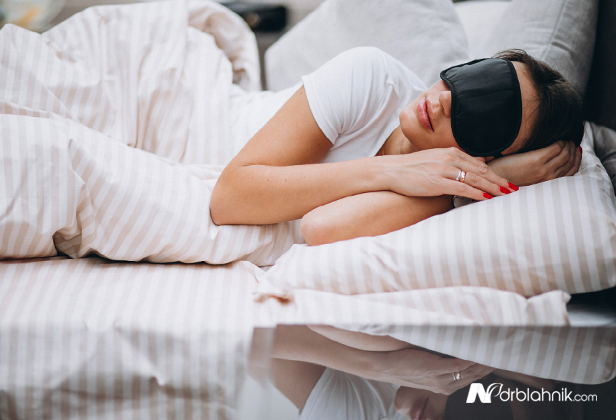
Treatments for insomnia can vary from patient to patient, with a physician’s input usually serving as the final say for the most effective technique. Just because a technique is effective for one patient does not mean it will work for you, as everyone’s specific insomnia symptoms are unique to their situation.
Don’t Sleep on Insomnia
Insomnia can be extremely difficult to diagnose accurately. Too many people assume that just because they cannot get to sleep one night, they have developed insomnia and stand by a self-diagnosis that, likely, is not accurate. These self-diagnoses are compounded by the litany of online tests that purport to diagnose you with insomnia when such a determination is best left to certified medical professionals.
Online insomnia quizzes pose generic, elegantly disguised “yes” or “no” questions that use generalized answers to determine if you might have insomnia. Most quizzes will not offer questions that help distinguish between primary insomnia, which stems from independent symptoms, or secondary insomnia, which is the result of another condition entirely.
That is not to say the quizzes cannot be of any benefit, as a score indicating potential insomnia could serve as a wake-up call, pardon the pun, to go to your primary physician for a confirmed diagnosis. If you are diagnosed with insomnia, you can seek out proper treatment avenues so you are not forced to live with a potentially debilitating condition.
No matter what you may think, insomnia is a diagnosis that is only meant to be given by trained professionals, as accepting an online diagnosis with no personal details can lead to severe consequences from mistreatment.

